Latest
Scroll down for Media Portrayals of Minorities Project contributions.
Please use the form at the bottom of the page to write us with questions or comments.
Scroll down for Media Portrayals of Minorities Project contributions.
Please use the form at the bottom of the page to write us with questions or comments.
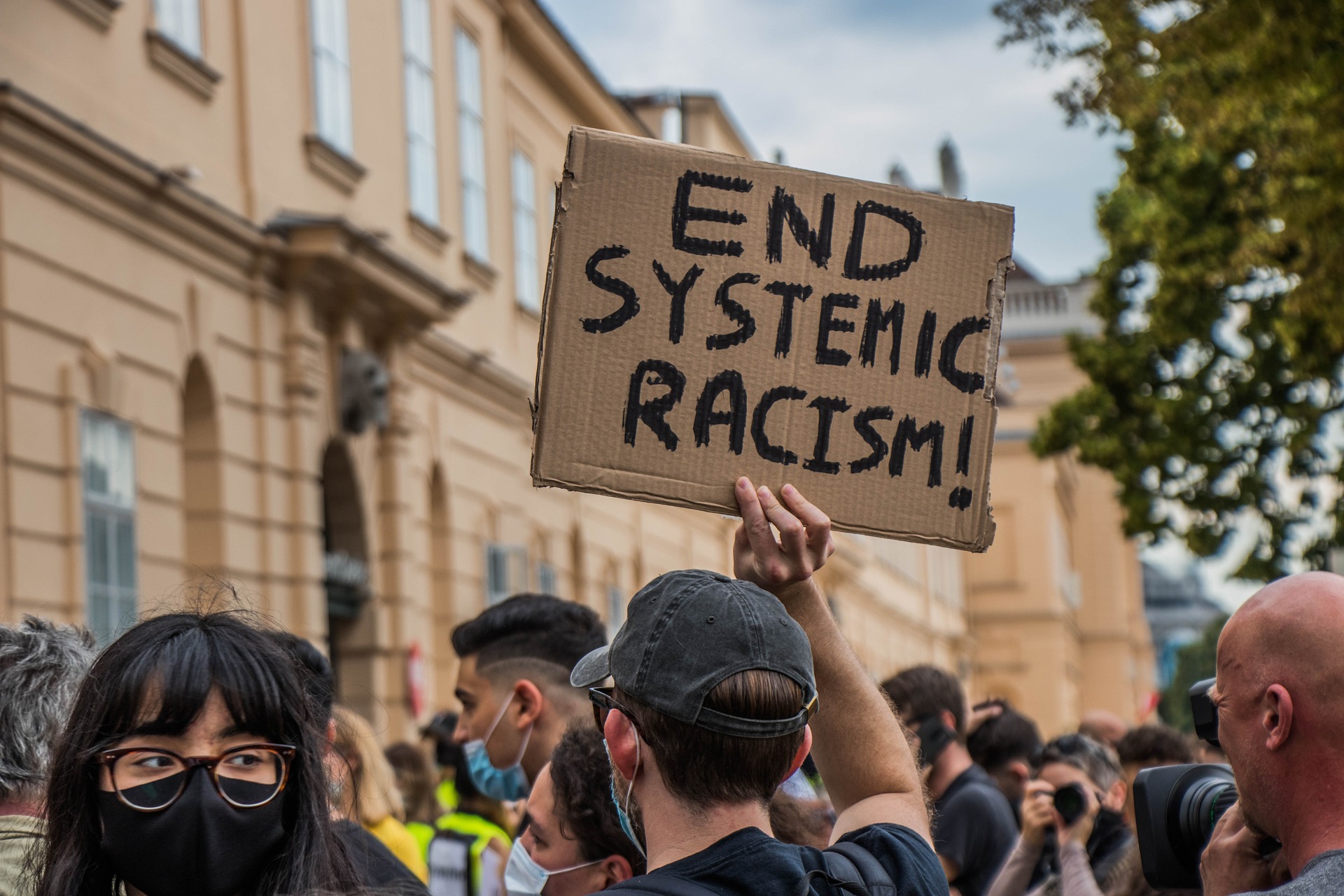
In 2020, the use of terms such as “systemic racism,” “institutional racism,” and “structural racism” exploded in the US media landscape as the country confronted the murder of George Floyd and the rise of the Black Lives Matter (BLM) movement. By June 2020, Merriam-Webster had expanded the definition of “racism” to include racial discrimination ingrained into political and social systems. In this moment of national racial reckoning, it seemed like “systemic racism” had secured itself in the country’s media discourse. How much staying power has this term had in the five years since Floyd’s murder?

As the driving force behind Tesla and SpaceX, Elon Musk built his public persona around bold solutions to global crises, most notably climate change. His early advocacy for electric vehicles, solar power, and carbon-neutral technology earned him the admiration of environmentalists and progressives alike. How has he become the object of so much suspicion and derision over the past few years?
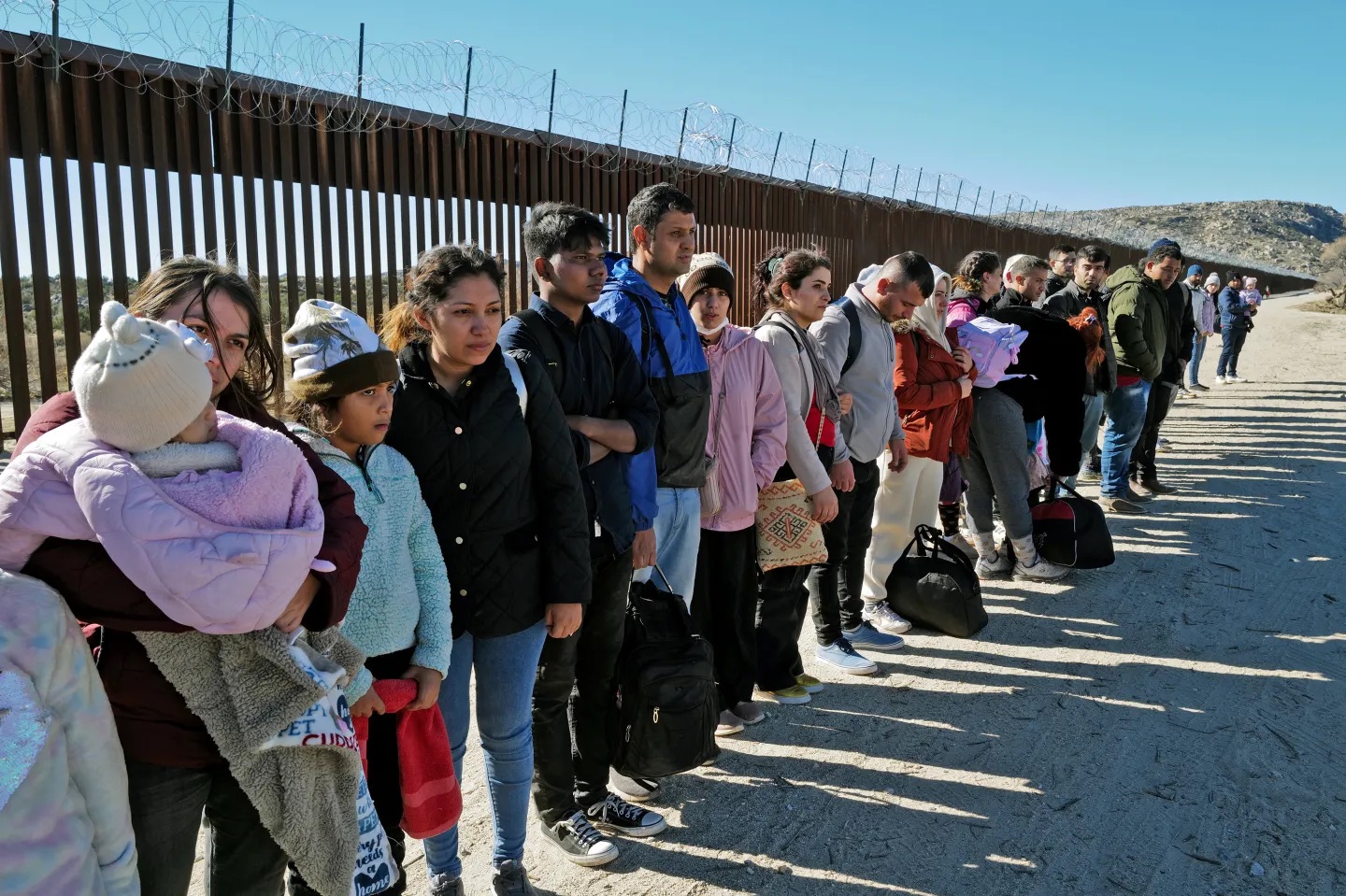
The first 100 days of the new Trump administration upended US immigration policy through sweeping executive orders, lawsuits, and an aggressive campaign of raids, detentions, and deportations. Polls show that a majority of Americans support stronger border enforcement – a sentiment undoubtedly shaped at least in part by how media outlets frame immigration. This framing has changed dramatically since Trump first emerged on the political scene, with coverage not only including standard reporting on immigration policy but increasingly emphasizing fear-based narratives of threat, criminality, and violence.

Are we in a constitutional crisis? It’s a question that has largely defined the early months of Trump’s second presidency for everyone desperately trying to make sense of the upending of norms taking place around them. Looking back at recent American history, the only other time we seriously asked this question was in the wake of the 2000 election. Though there was a spike in discussions of constitutional crises in the media in 2000 as in 2025, these moments are vastly different in nature.
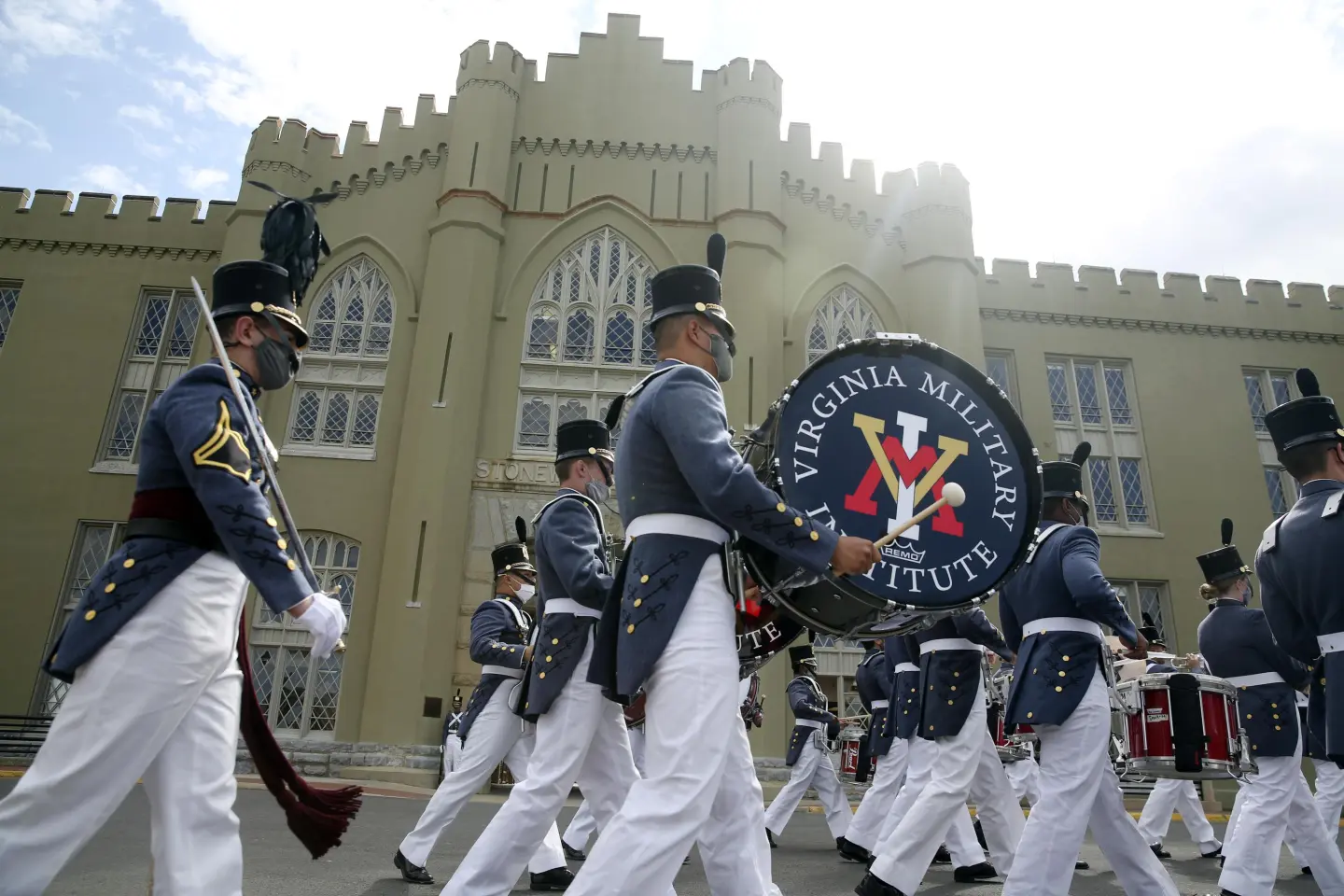
Many companies and institutions that once embraced Diversity, Equity, and Inclusion initiatives have recently turned away from them, often in the face of public backlash and political controversy. The media have reflected and reinforced a broader negative shift in how DEI is perceived in the workplace and in higher education. Perhaps most pointedly, some coverage of “scandals” not only draws attention to institutions but also shines a spotlight on the specific people targeted by anti-DEI actions.
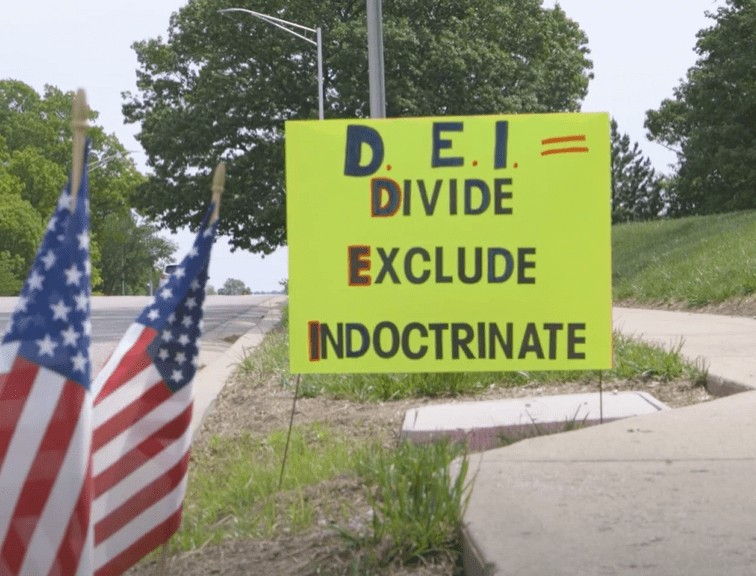
Across the United States, we are witnessing the targeted dismantling of Diversity, Equity, and Inclusion (DEI) programs. From state legislative bans to corporate cutbacks to executive orders, these initiatives face unprecedented challenges. To understand how we arrived at this moment of backlash, we examine how media coverage presents DEI and which groups become most associated with these initiatives in public discourse.
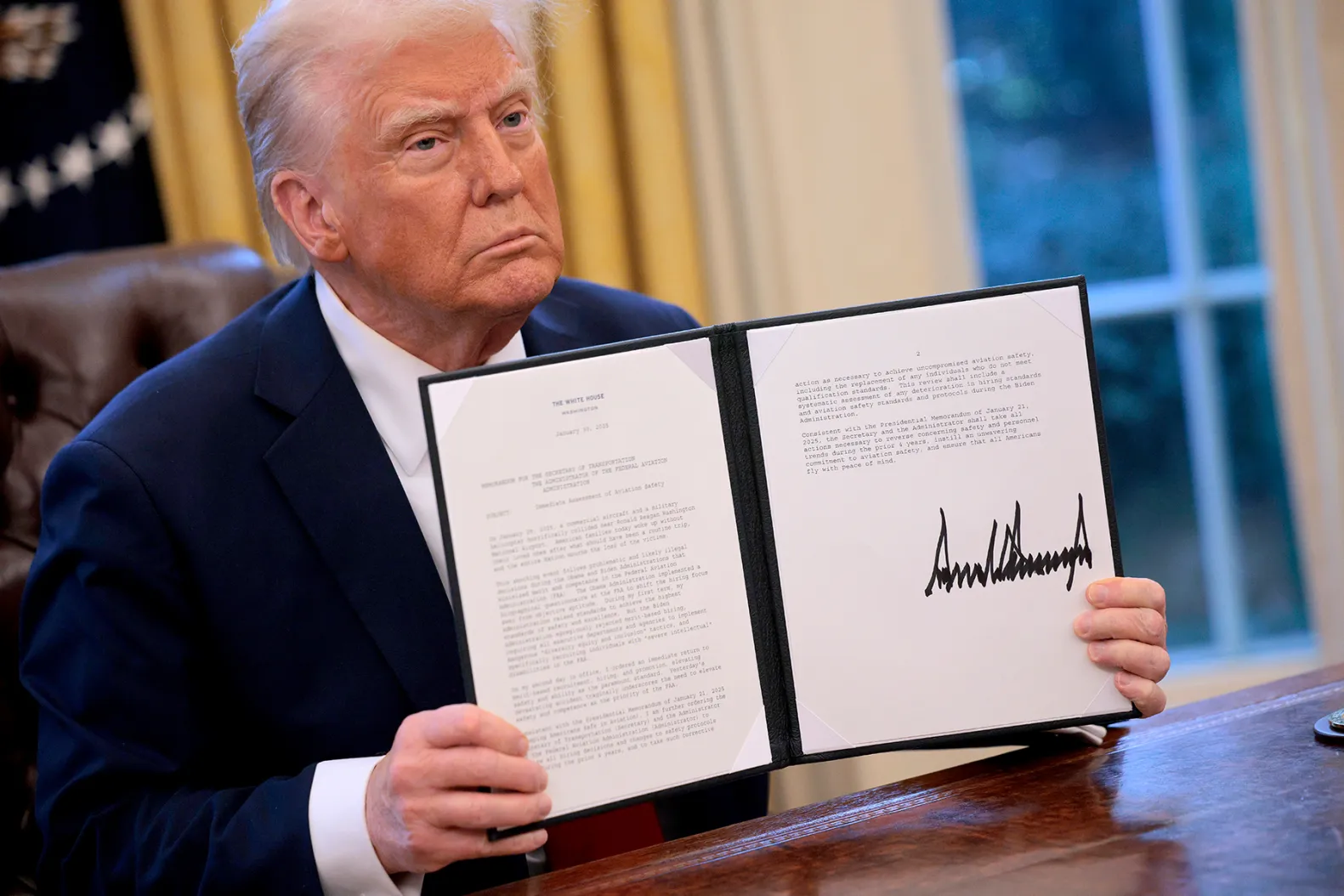
Diversity, Equity, and Inclusion, or as it is more popularly known, DEI, is not a new concept. Policies promoting these values have been around since the passage of the Civil Rights Act of 1964, but the term has only entered the public consciousness within the last five years. Though it was initially a neutral descriptor for diversity and affirmative action programs, over the last few years, DEI has become a culture war buzzword used by the right to attack the left’s social and political platforms.
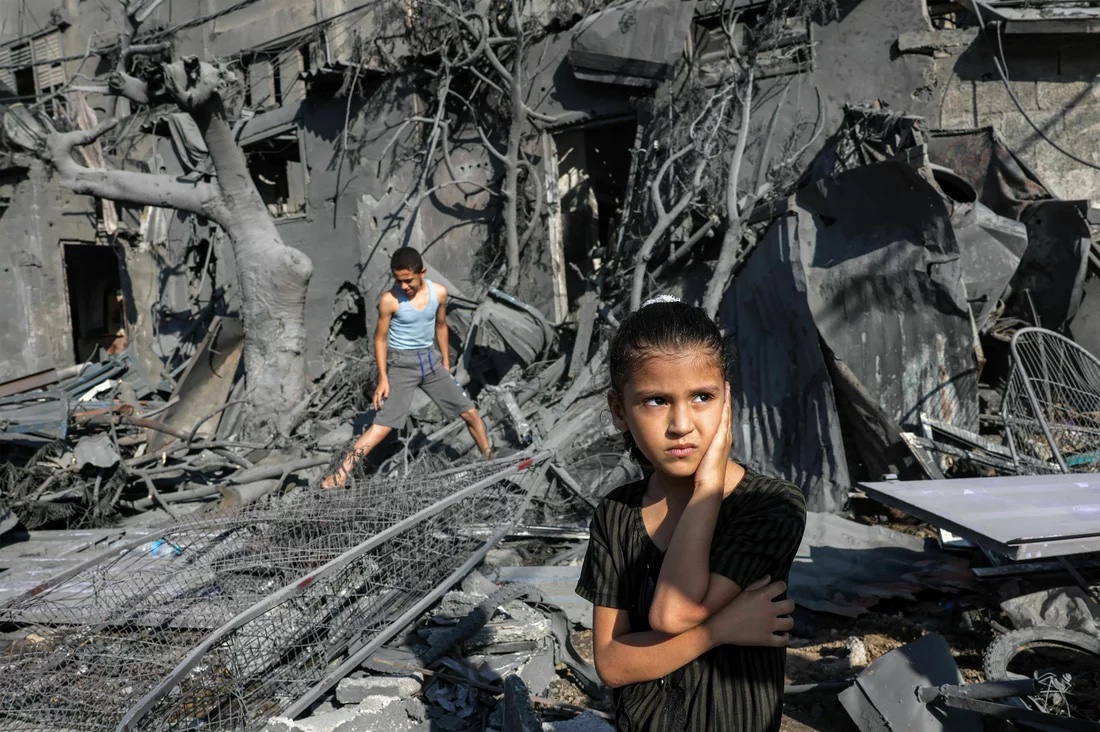
The public’s understanding of the conflict in Gaza is being shaped every day simply by opening the news. It’s inevitable that some readers may be more sympathetic to one side versus the other, but there are certain topics both sides can likely agree on — for instance, the fact that children are innocent victims in any war zone.
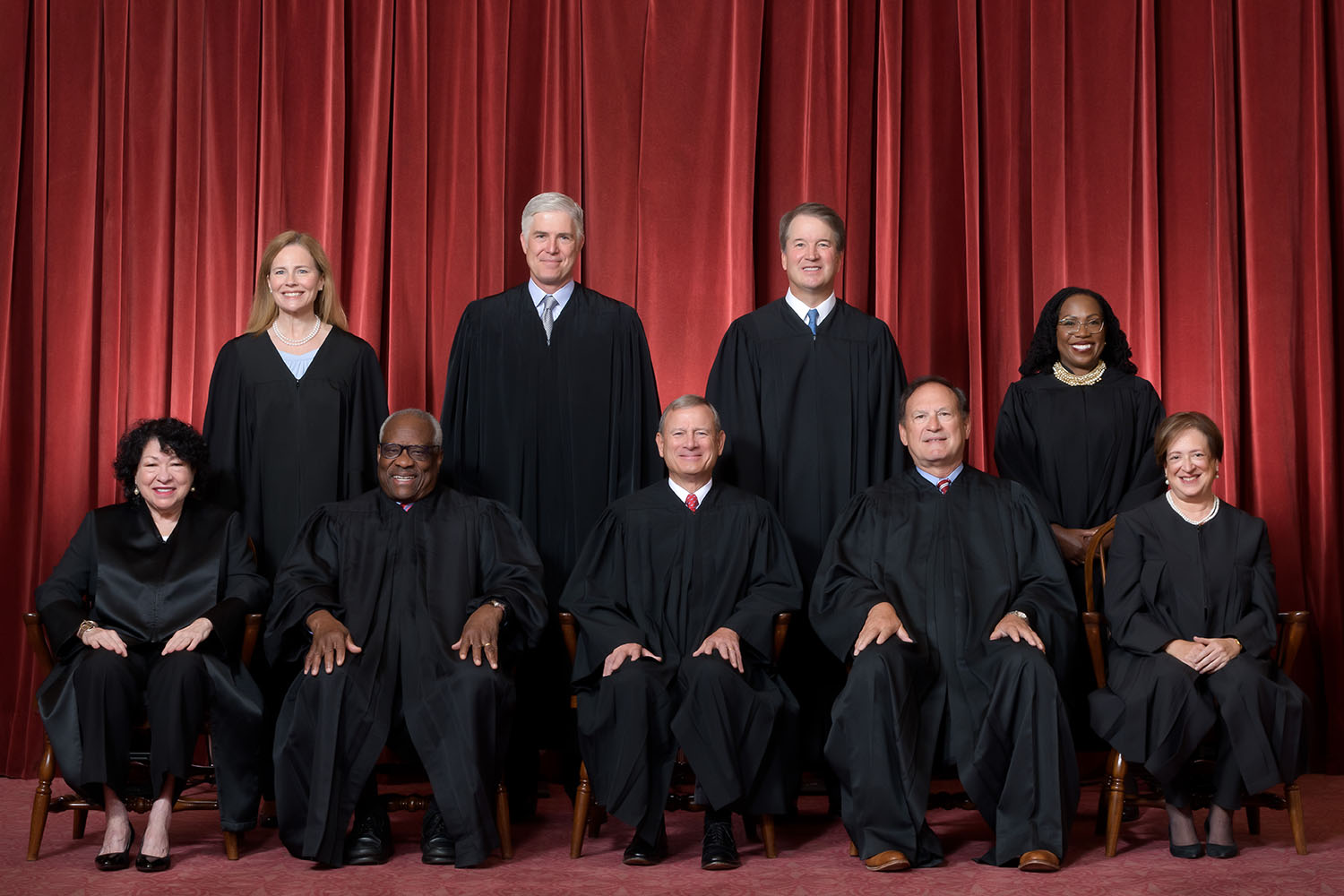
Americans’ confidence in the Supreme Court is at an all-time low. Such an unfavorable reputation is problematic for any public institution, but it carries a unique weight when it comes to the court – an institution that has neither the sword nor the purse to enforce its rulings. Low public approval doesn’t only affect the court’s prestige, but potentially its decisions as well. Among political scientists, this is known as the Dahl-Dooley Hypothesis, which suggests that the court will shift in favor of public opinion when it senses that it is unpopular. As Chief Justice John Roberts famously affirmed, Judges are supposed to be the “umpires” of the American political system, but the question of whether they actually live up to this ideal – which has been long doubted by scholars – has become increasingly contested in public discourse, particularly on the left. 71% of Democrats see the court as conservative today, compared with 47% only three years ago.

California: the Golden State, a beacon of social resistance, home to sun-kissed shorelines dancing along the Pacific Coast Highway. As a longstanding protagonist in the American dream, the state even garners love letters collected by The New York Times – one reading, “Everyone was happy in California and it all smelled like orange blossoms.” However, California’s legendary reputation has come under threat.
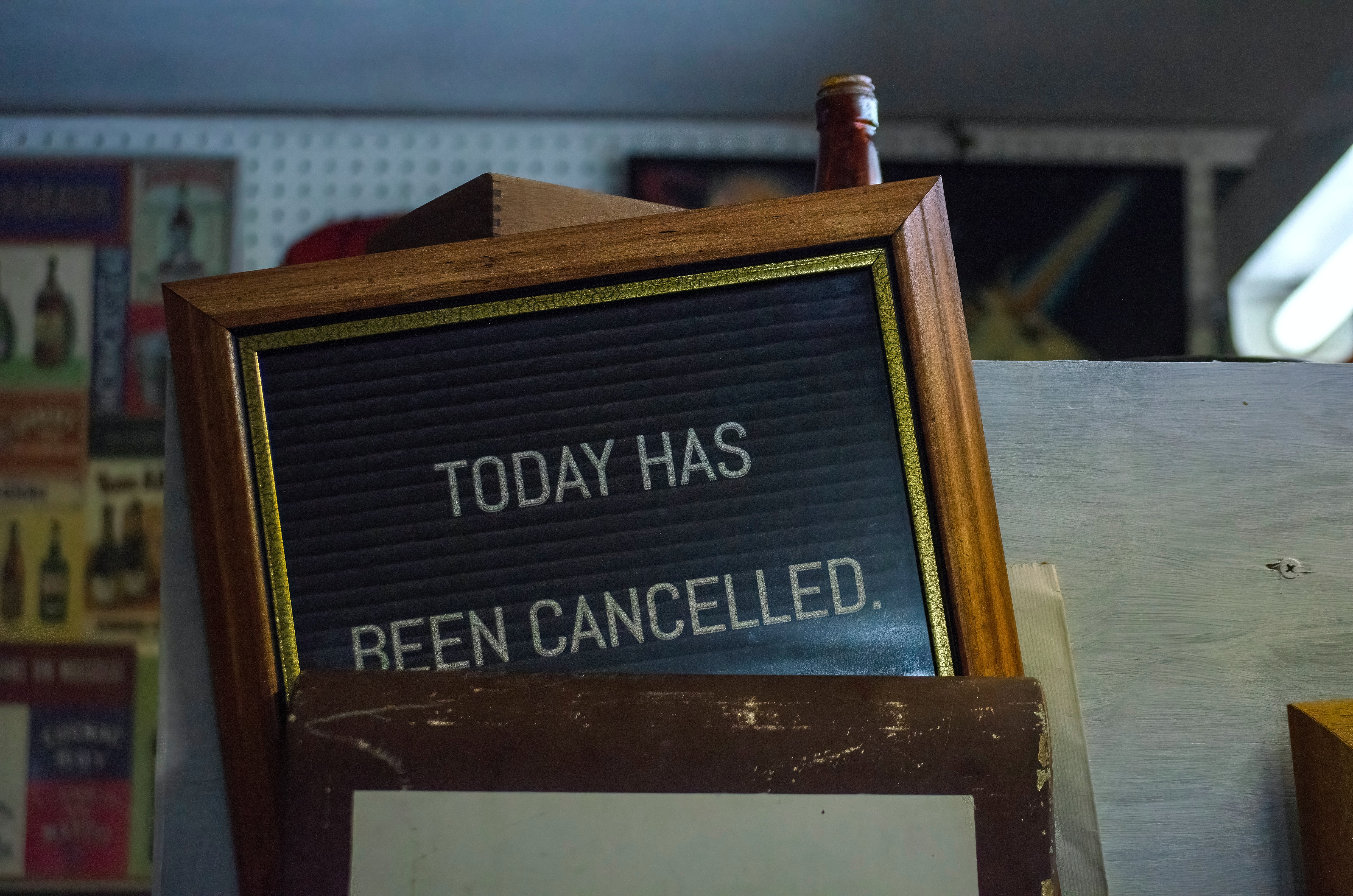
“Cancel culture needs to be cancelled!!!” tweeted Tesla founder and now-owner of Twitter Elon Musk on November 30, replying to a CNBC Squawk Box clip about the culture wars and their impact on the billionaire’s car company. The term “cancel culture” has become a favorite among politicians, pundits, and columnists alike. It is ubiquitous; though early articles mentioning “cancel culture” included a definition, the public caught on quickly. The term is now punchy and popular enough to make frequent appearances in the day’s headlines, chyrons, and viral social media posts.
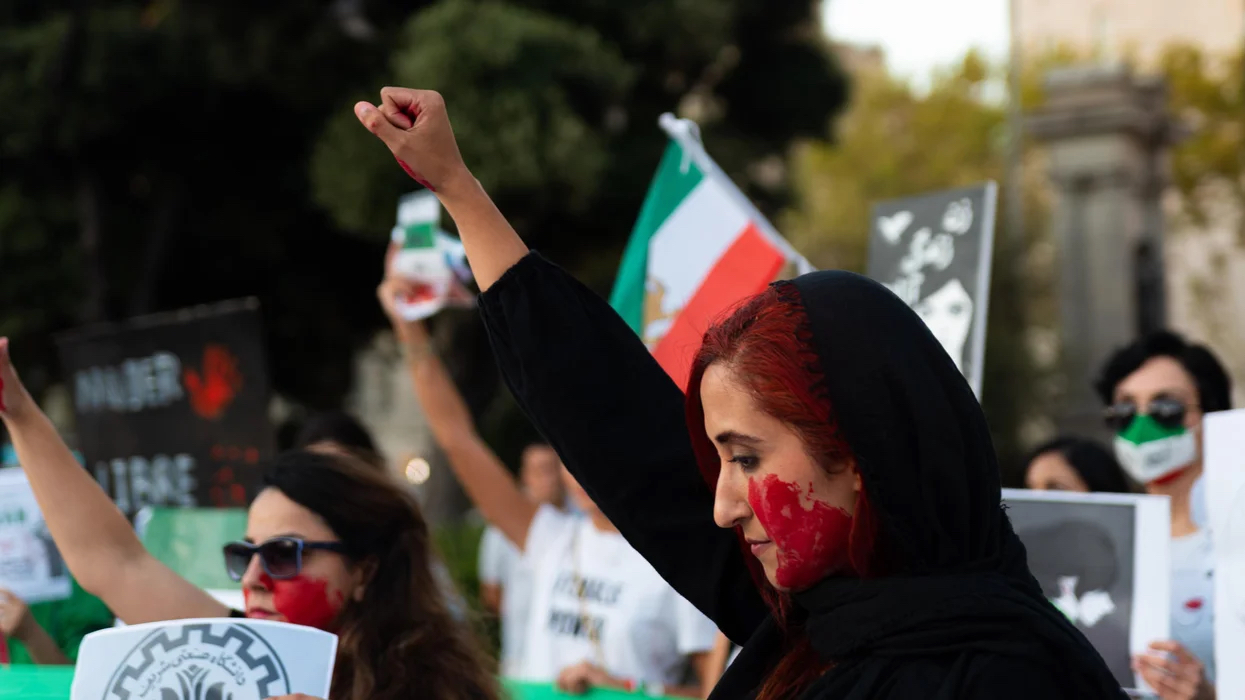
On September 16, 2022, Mahsa Amini, a 22-year-old Kurdish Iranian woman, died in custody only three days after being pulled off the street by the morality police in Tehran. She was detained and transferred to the Vozara Detention Center after being caught not wearing her hijab properly. The Iranian regime originally claimed Amini died due to heart failure, however, eyewitnesses insisted that Amini was brutally beaten in police custody and as a result, died in a coma in the hospital.
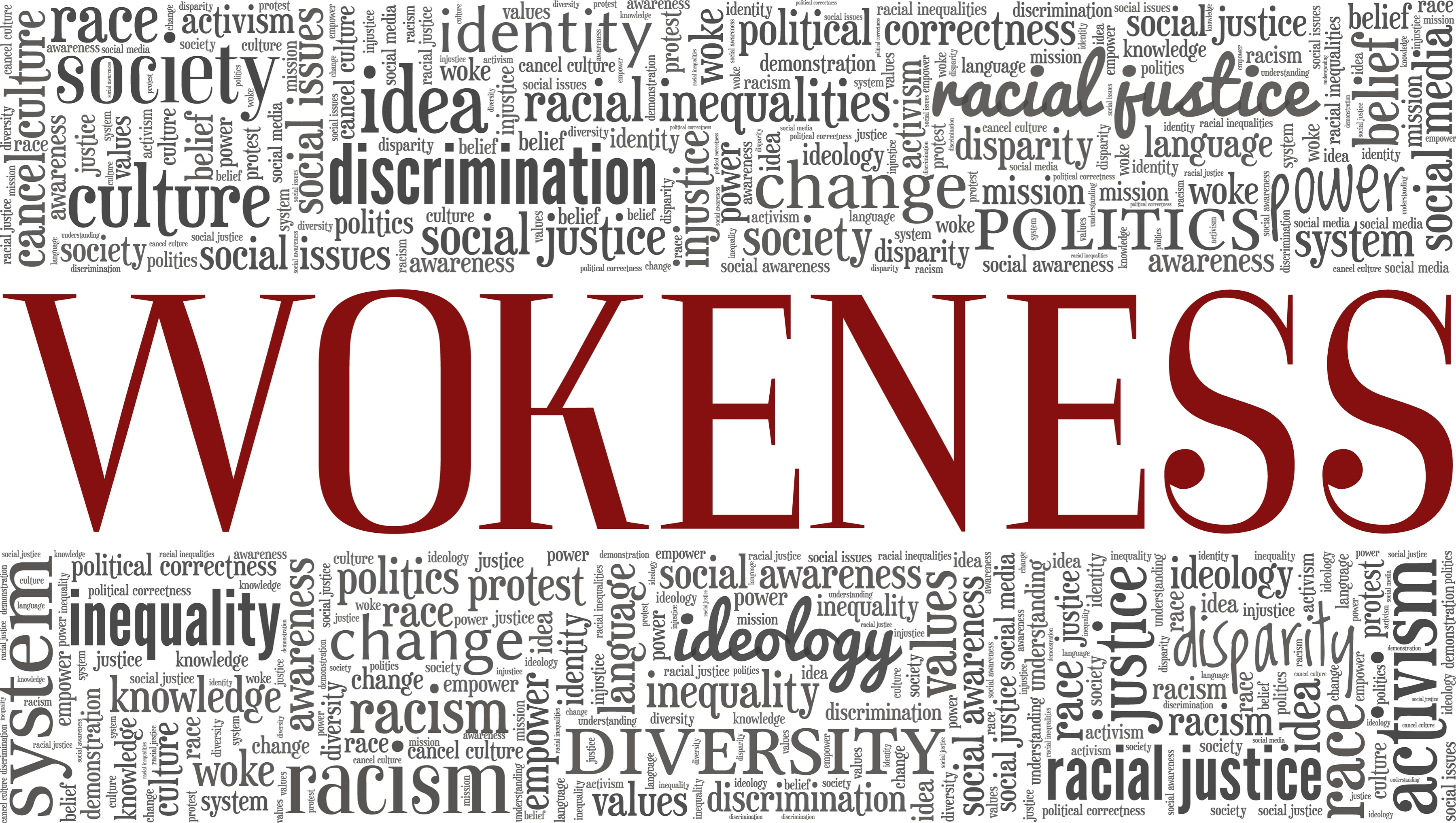
New York Times columnist John McWhorter has recently explored how the use of “politically correct” and “woke” have evolved in American culture. His discussion illuminates important ebbs and flows of language change, noting that both have been “refashioned” as insults. Yet his analysis risks underemphasizing two critical factors in how the US public encounters such terms: the role of individuals in deliberately juicing the culture wars and the fact that mainstream media outlets only use terms once they become highly contested.
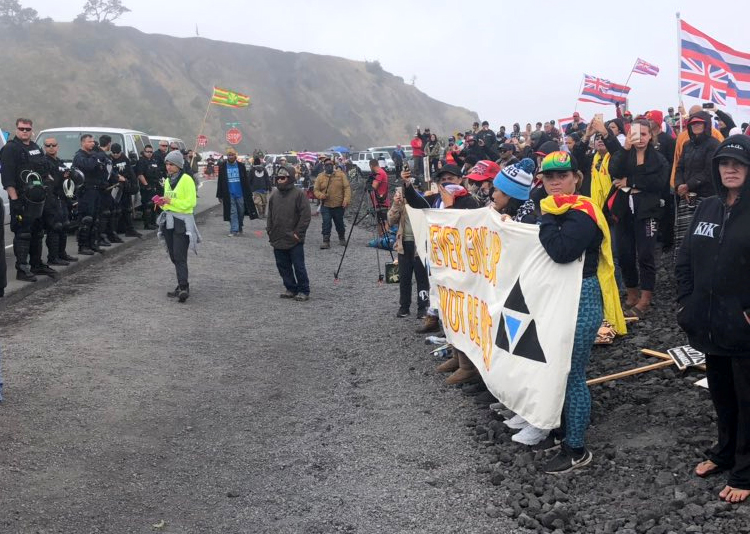
Since the start of the COVID-19 pandemic, hate-based acts against Asian American Pacific Islander (AAPI) communities have risen sharply, prompting substantial media coverage about the group. However, the term AAPI itself has been critiqued by scholars, given that Asian Americans and Pacific Islanders often see themselves as having distinct identities and as groups that experience unique struggles relating to decolonization and assimilation into the American mainstream. In particular, Americans’ understanding of Native Hawaiian identities and interests has been particularly limited and superficial.
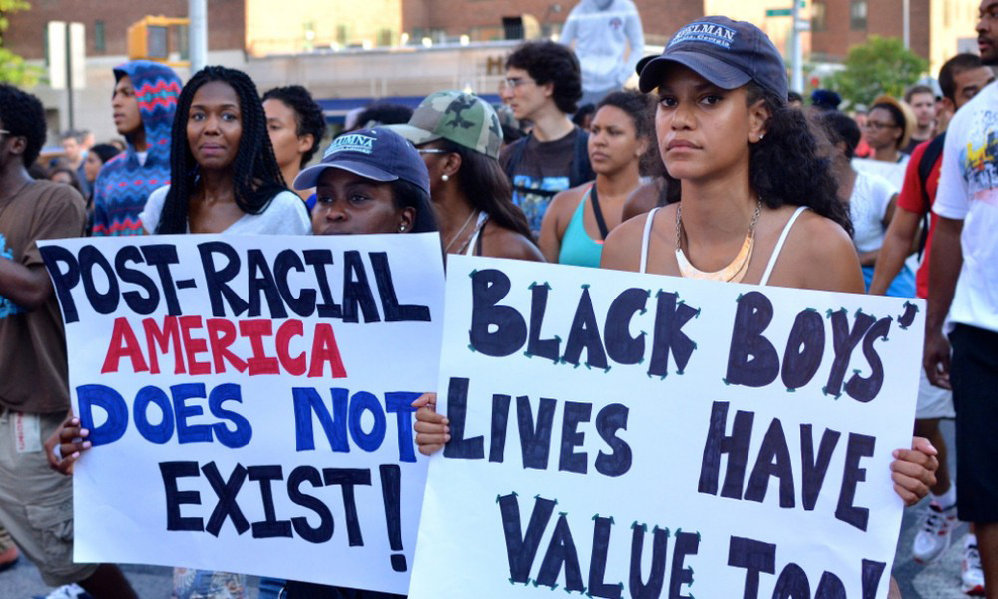
Following President Barack Obama’s 2010 State of the Union speech, Chris Matthews commented to a national audience on MSNBC “It’s interesting; [Obama] is post-racial, by all appearances. You know, I forgot he was black tonight for an hour.” Many Americans shared Matthews’ sentiment of America becoming a post-racial state following Obama’s election, believing that racial identities were not meaningful and that racial prejudice was no longer a major societal problem.
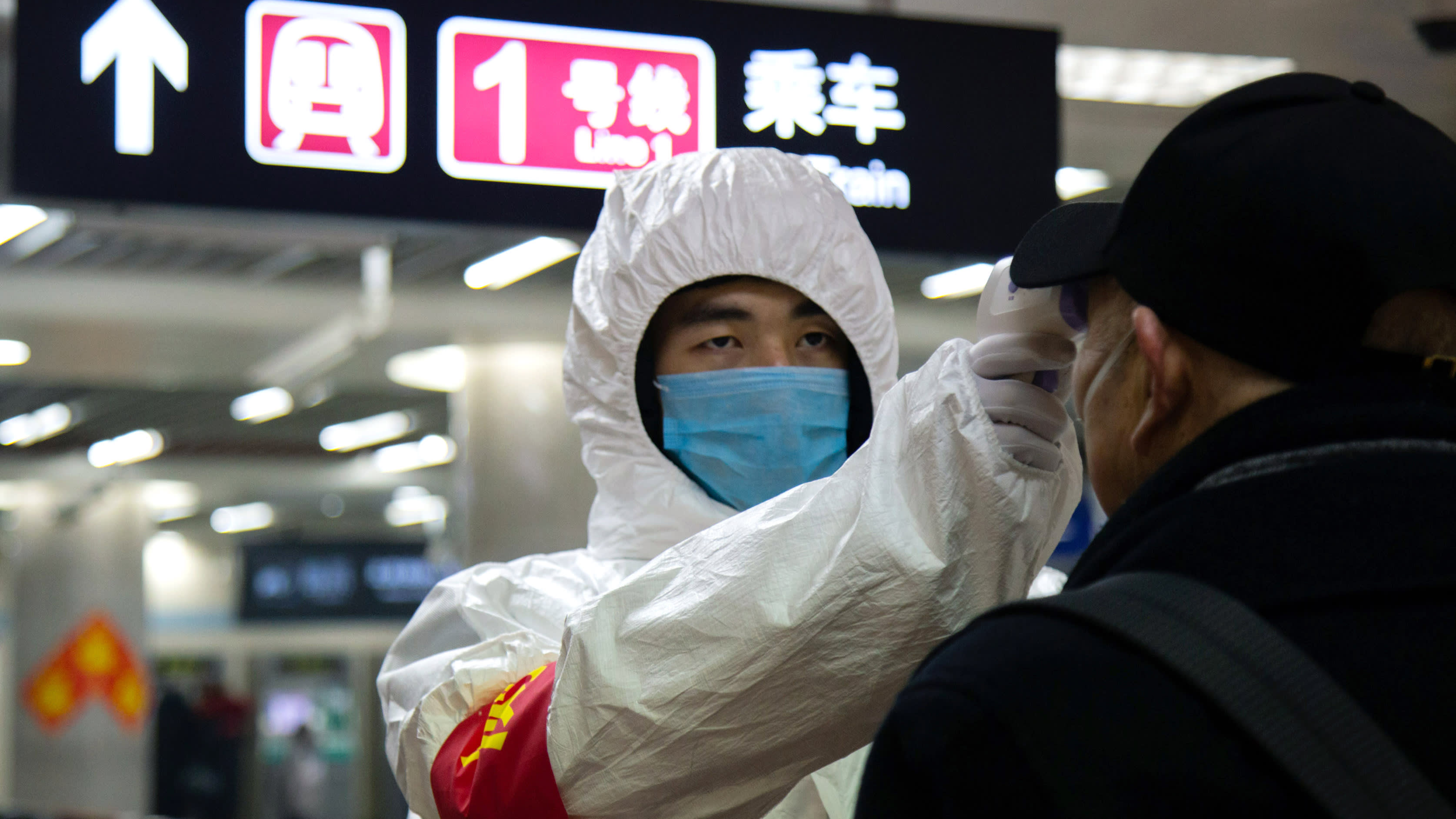
The COVID-19 outbreak has cost thousands of lives and billions of dollars in lost revenues. It has also elicited charges of anti-China racism as the media focus on its origin in Wuhan. In a recent op-ed in the New York Times, Harvard University Professor Hannah Marcus warns of the tendency towards discrimination during epidemics when she writes, “The predictable turn to xenophobia, racism, and persecution represents the breakdown of our society’s laws and morals in the face of fear and disease.”
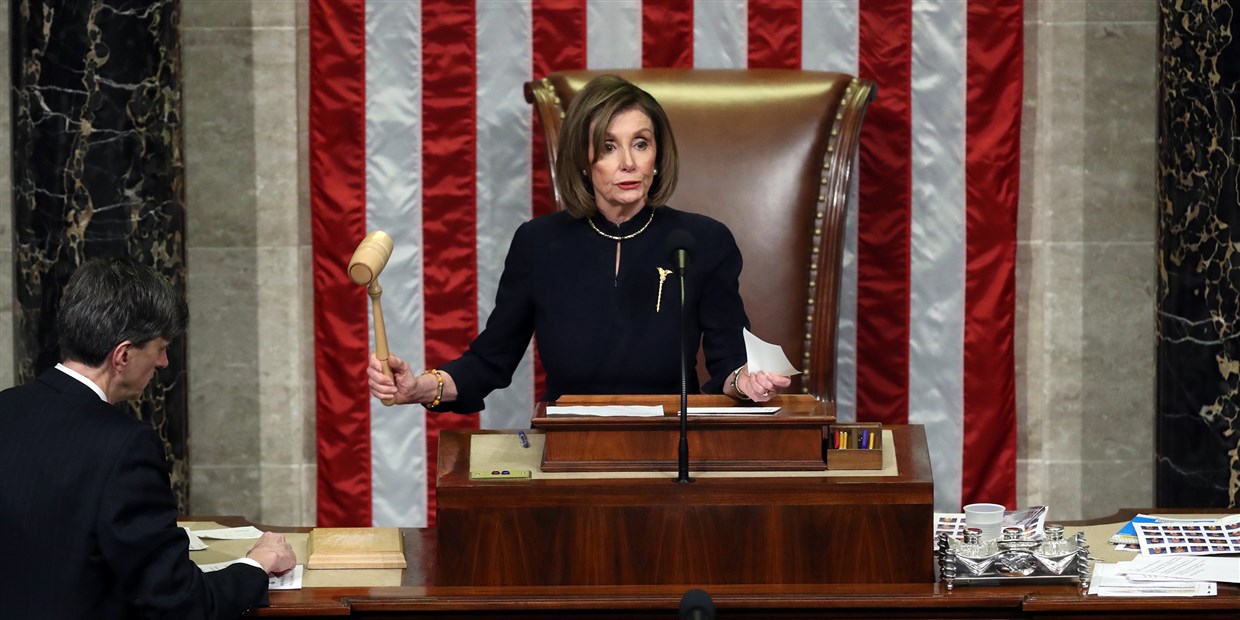
Political pundits and critics of every stripe are insisting that the Trump presidency, and now his impeachment, are breaching normalcy. Depending on the political party, this is either a much-celebrated revolution or an unmitigated disaster. But how different is this impeachment from Clinton’s twenty years ago? Are we are living in a starkly more divided nation, one where inflammatory rhetoric shapes media coverage and the public debate?

A little over a week ago, two of the worst shootings in American history occurred within hours of one another. While the shootings in El Paso, TX and Dayton, OH are distinctive in terms of number of casualties, setting, and motivation, they share one fundamental characteristic: both were perpetrated by men. Young, white men.
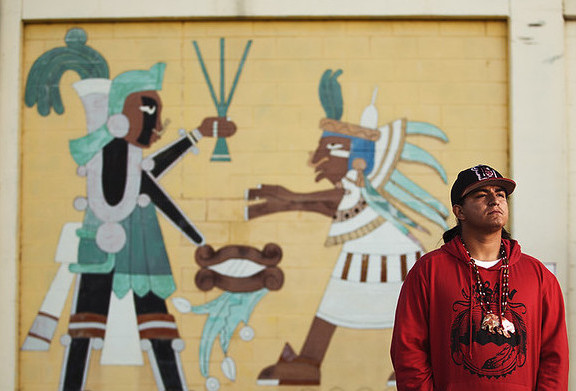
American Indians are the subject of a litany of incomplete and incorrect understandings. Most Americans report being unacquainted with American Indians, feeding a sense that they are “invisible.” A 53% majority believe that “the government gives benefits to Native Americans just for being Native American.” And many hold the misconception that American Indians are a single, monolithic group, rather than a collection of nearly 600 Indian Nations, each with a distinct culture. How might the media be contributing to this striking lack of public knowledge about American Indians?
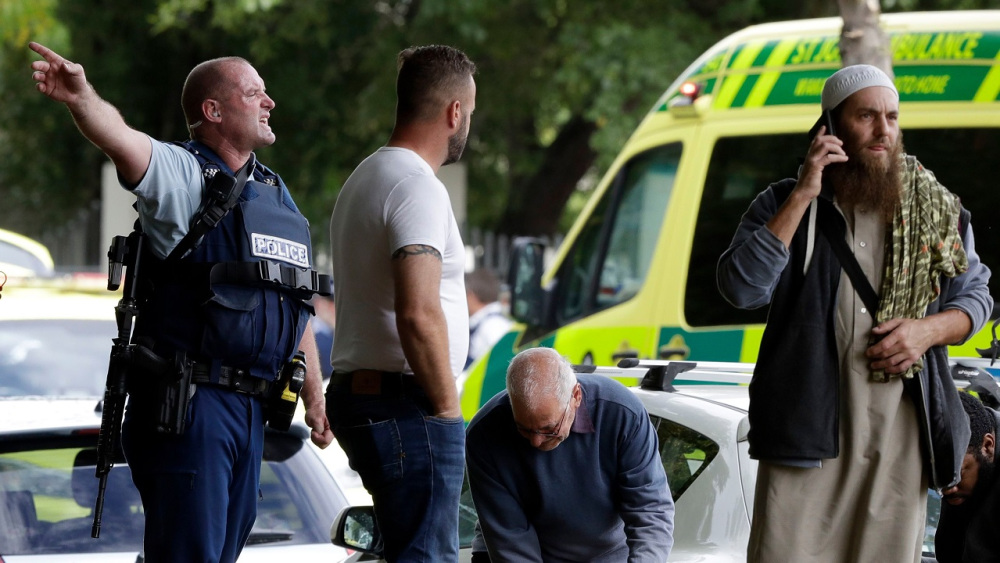
On Friday, March 15 a man identified as Brenton Harrison Tarrant walked into two mosques in Christchurch, New Zealand and perpetrated the largest mass shooting in the country’s history, killing 49 people. In the hours that followed, details emerged about a manifesto that Tarrant had written, in which he explicitly states that the attacks were motivated by white supremacist, anti-immigrant ideology.

The recent tensions surrounding the Harvard University affirmative action case have reignited a discussion of the “model minority” stereotype about Asian Americans. Although Asian Americans are frequently associated with the positive traits of education and achievements, they can also be stigmatized as having less favorable “personality traits.”
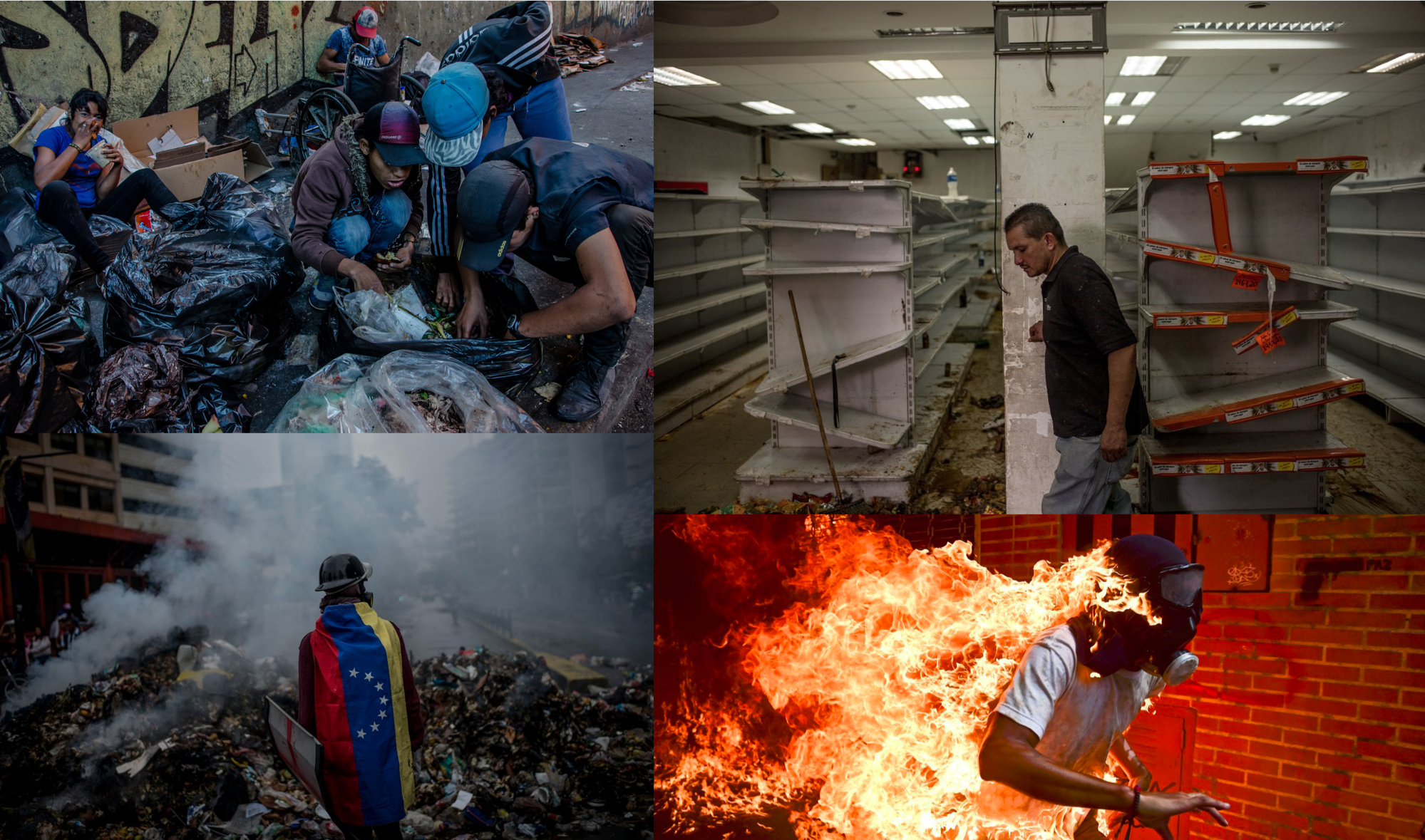
Although Venezuela was once considered by many observers to be a relatively prosperous and stable country in Latin America, this perception has shifted dramatically since Nicolás Maduro became president of the country in 2013. Venezuela has experienced hyperinflation, corruption, ballooning debt and shortages of food and medicine that have resulted in high rates of poverty, crime, violence and starvation, the reemergence of once-eradicated diseases, and the mass emigration of more than 3 million Venezuelans.
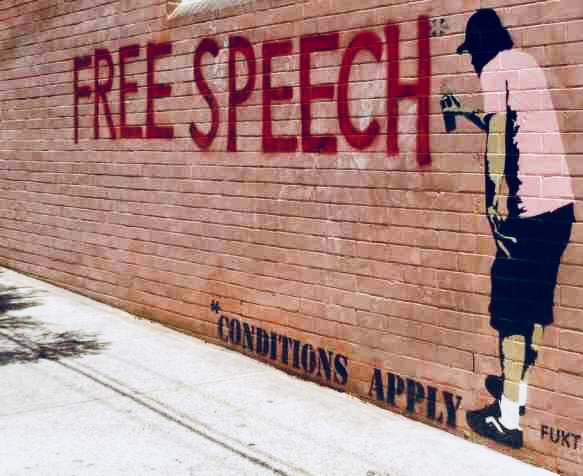
A Painful Lesson, A Violent Attack on Free Speech at Middlebury, The Mob at Middlebury, and The Dangerous Safety of College. These are just a few of the headlines from the aftermath of student demonstrations and protests against Charles Murray at Middlebury College in 2017. In recent years, highly publicized incidents like this one have ignited a national debate over whether there is a “free speech crisis” on college campuses. Earlier this year, a study from the Free Speech Project at Georgetown University found that any notion of a crisis is, as summarized by Zach Beauchamp in an article on Vox, “more than a little overblown. There have been relatively few incidents of speech being squelched on college campuses, and there’s in fact limited evidence that conservatives are being unfairly targeted.”
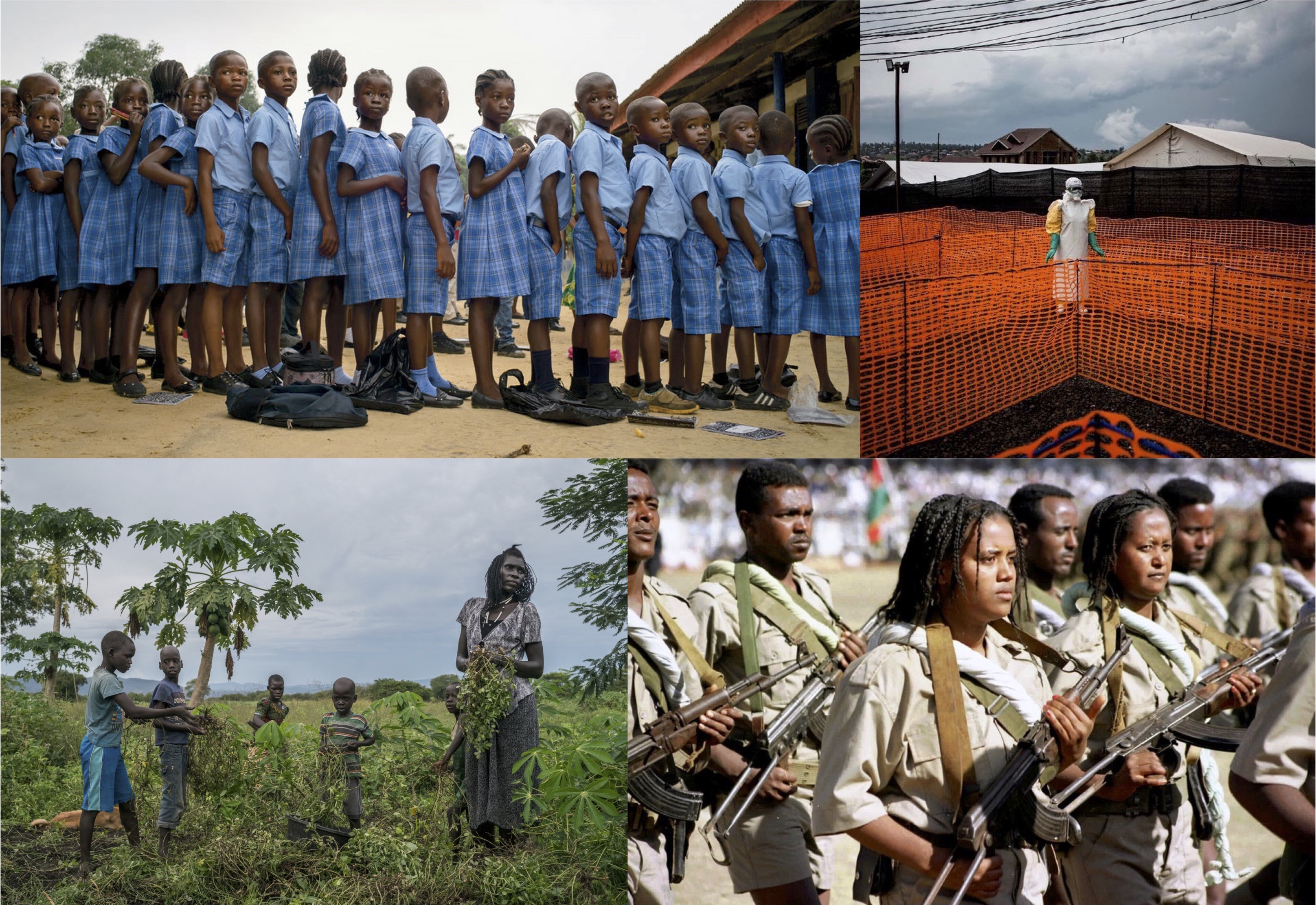
It is no secret that bad news sells. Stories about violence, disaster, and scandal are more likely to capture readers’ attention than tales of daily life. Even so, journalists and scholars have argued that Western media coverage of Africa is especially negative. In a 2013 Guardian article, for example, Remi Adekoya accuses the media of “propagating negative stereotypes of Africa as a nest of poverty and problems,” paralleling scholarly claims of disproportionate coverage of danger, darkness, violence, poverty, hopelessness, backwardness, savagery, and primitiveness.
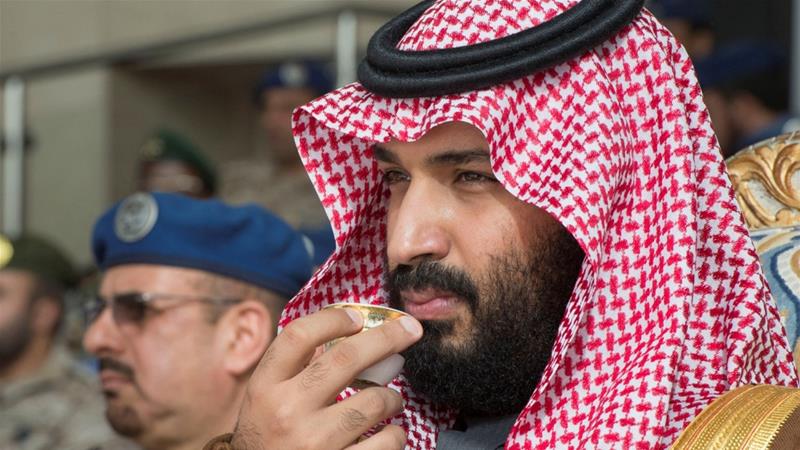
In the weeks since the October 2, 2018 murder of journalist Jamal Khashoggi at the Saudi Arabian consulate in Istanbul, news outlets have worked tirelessly to piece together the facts of his death and disprove the lies of the Saudi state. On November 16, 2018 the Washington Post reported the CIA’s conclusion that Crown Prince Mohammed bin Salman, heir to the Saudi throne, had ordered the killing.
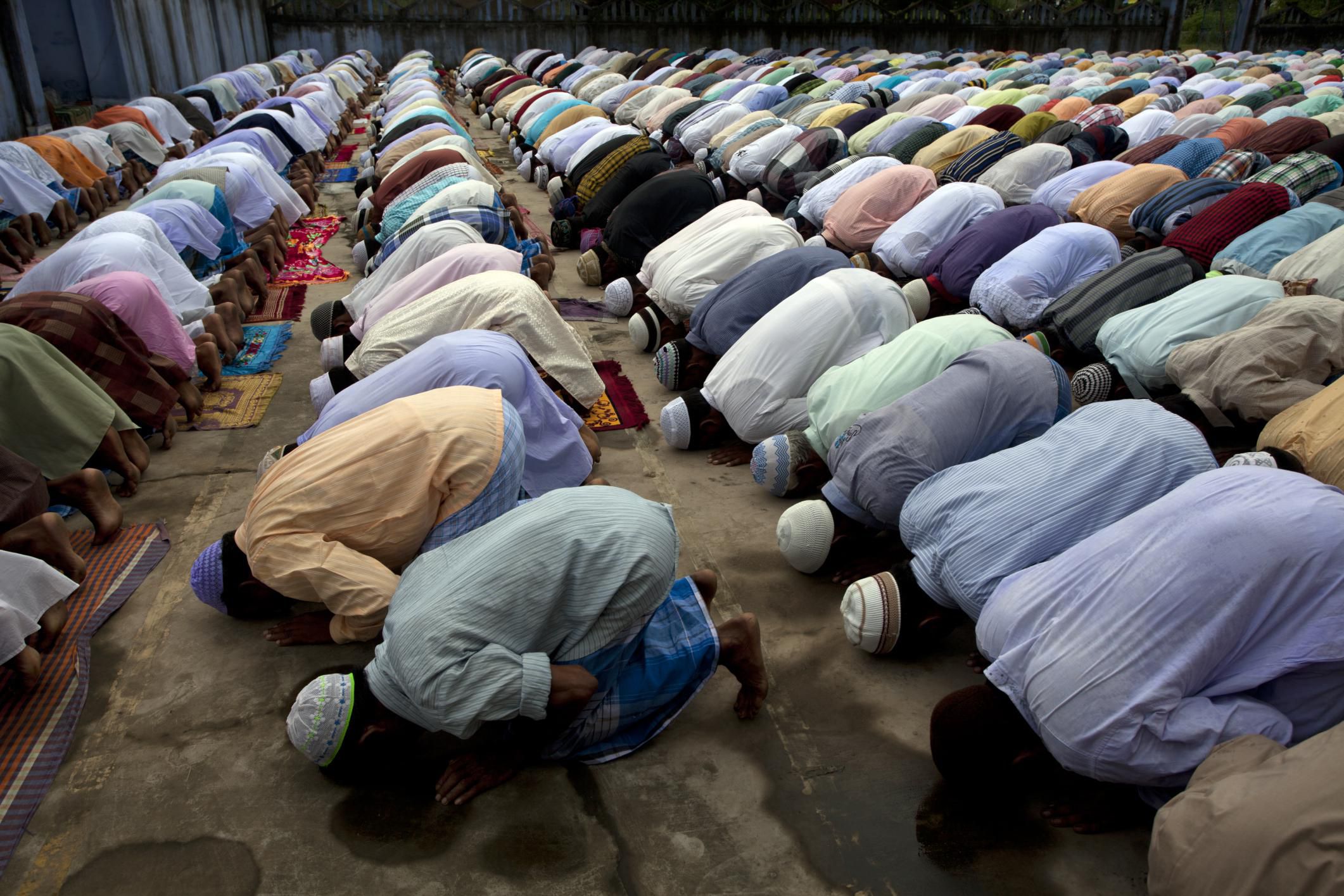
Under what circumstances is media coverage of Muslims positive? The answer is, almost none. However, when we examined over 800,000 articles that mentioned Islam or Muslims in dozens of newspapers from the United States, Great Britain, Canada, and Australia, we were able to pinpoint one type of article that was marginally positive: articles that mention devotion.
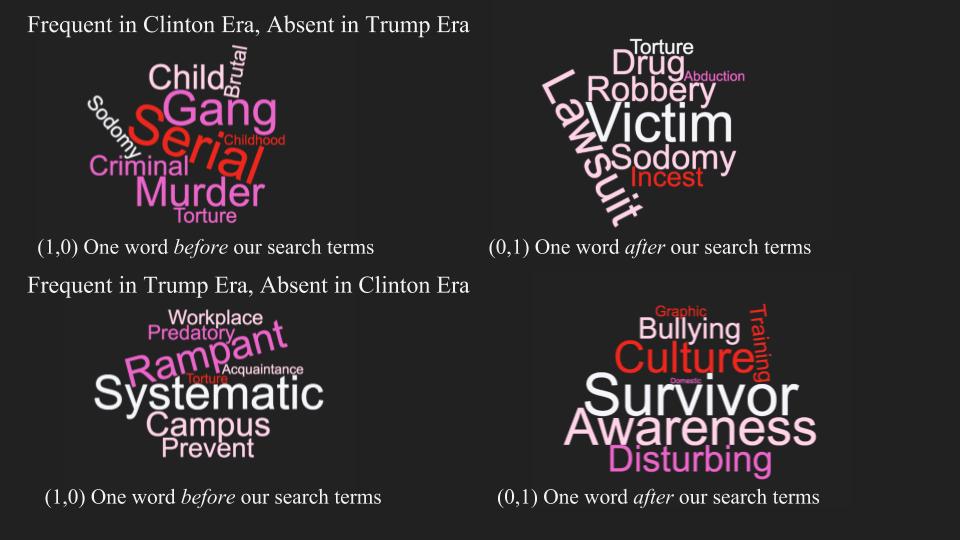
As media coverage and overall visibility of survivors of sexual violence and misconduct has increased in recent months, how has it changed from previous years? And do these changes, if any, reveal a transition in coverage from being episodic to more thematic in nature?
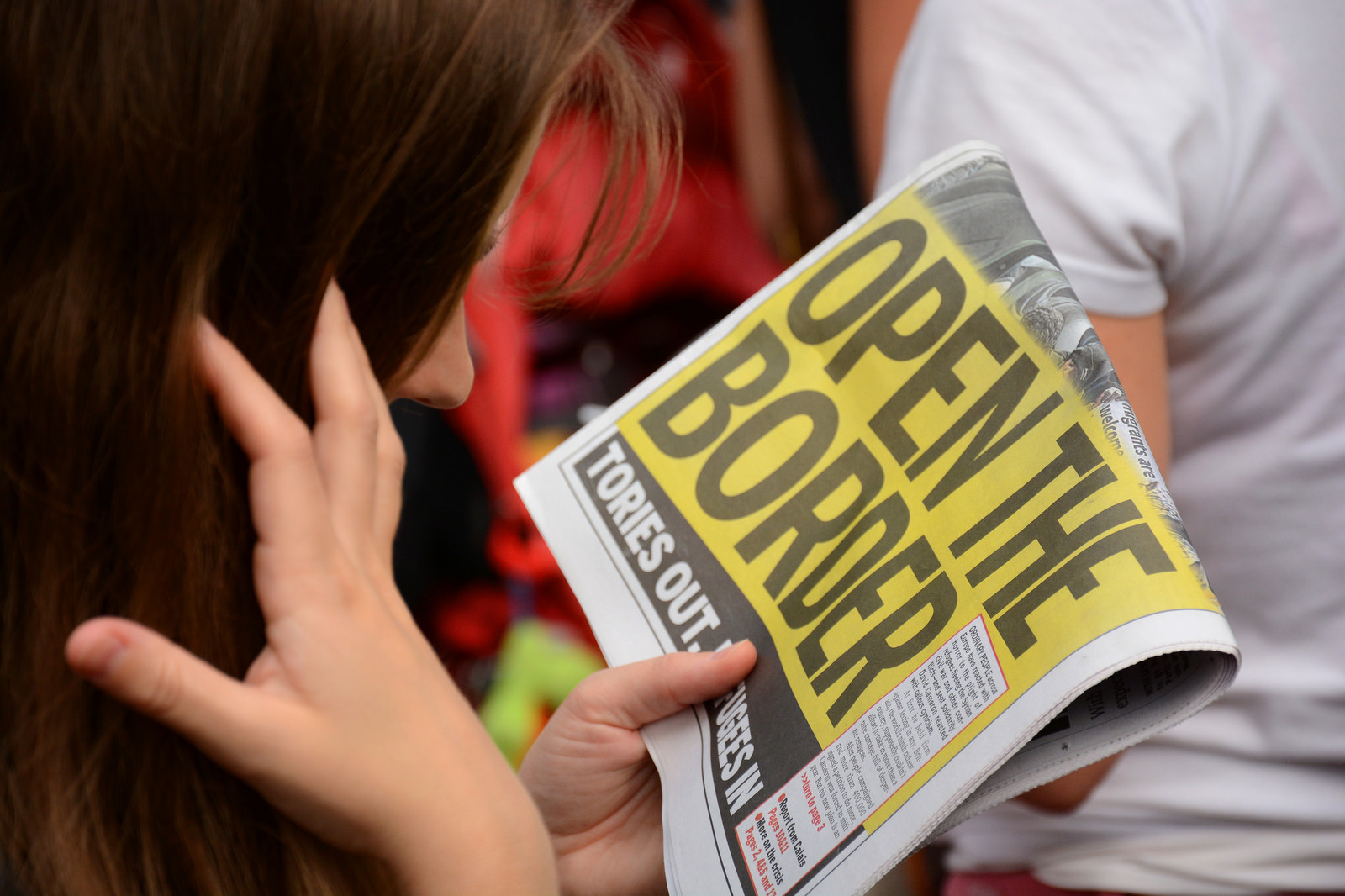
The immigrants we see in the media do not necessarily correspond to the immigrants who come to live with us. In their analysis of the British media, Blinder and Allen show that media reports often write about asylum seekers and “illegal” immigrants. Yet, immigrant workers, family members, and international students constitute by far the numerically larger immigrant flows.
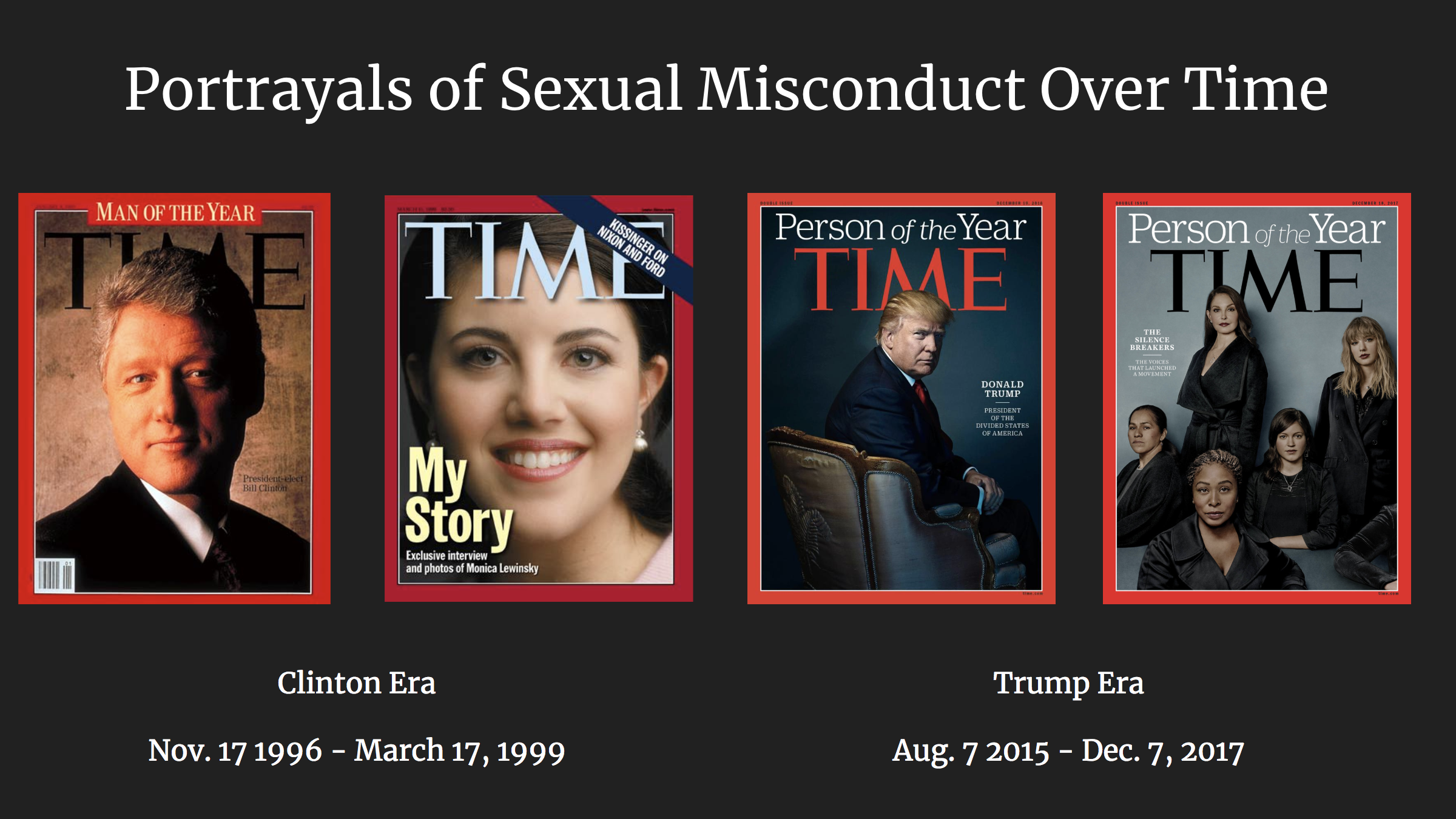
In the midst of the #MeToo movement, we wondered how newspaper coverage of survivors of sexual assault and misconduct has changed over time.
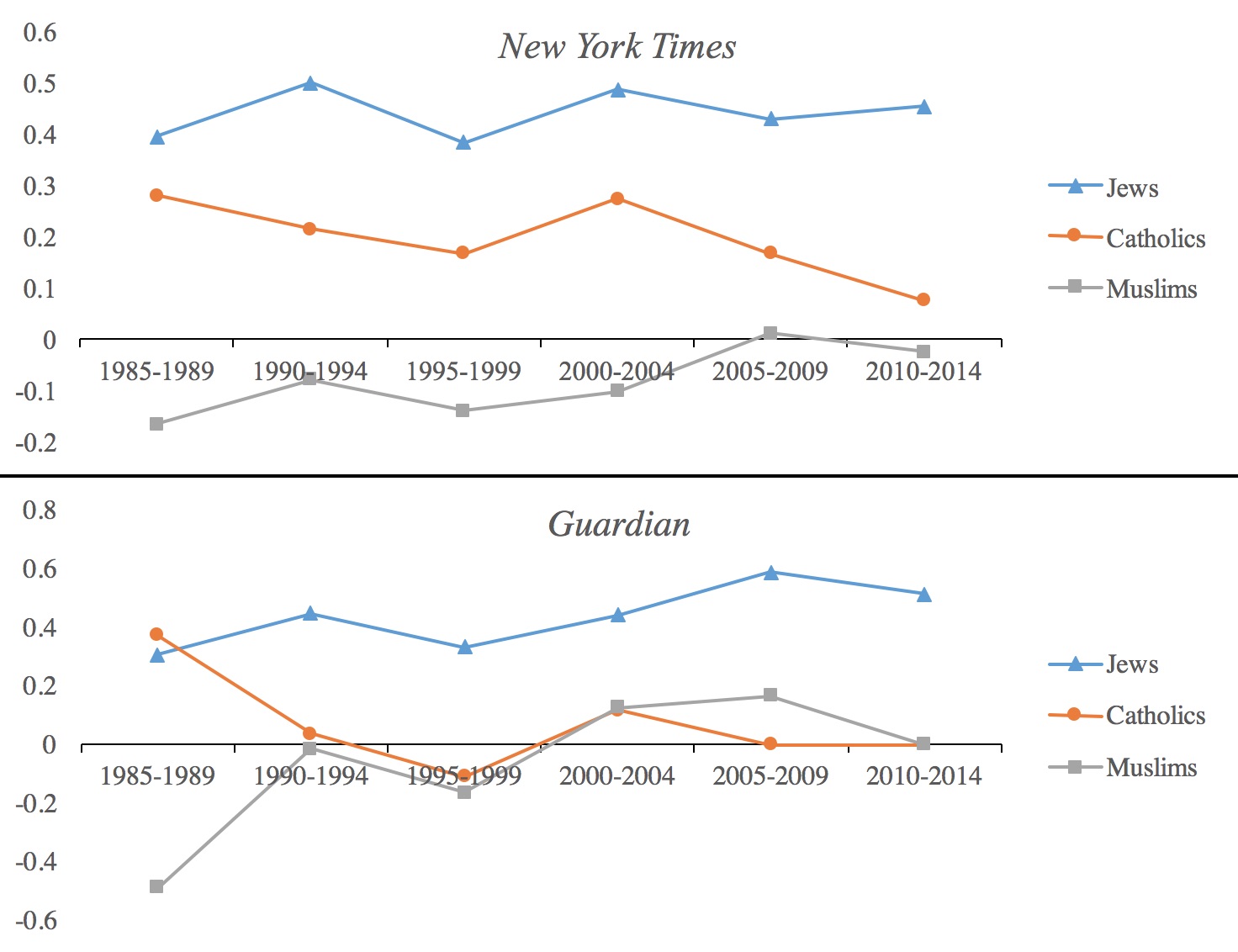
How do major newspapers portray Muslims in comparison to Jews or Catholics? Most scholars find that the media reinforce negative messages about Muslims. But what if all religious groups are depicted in a negative light? We analyzed the tone of over 2,000 headlines about Muslims, Jews, and Catholics from The New York Times and The Guardian to explore how the media cover these groups. This generates two key insights.
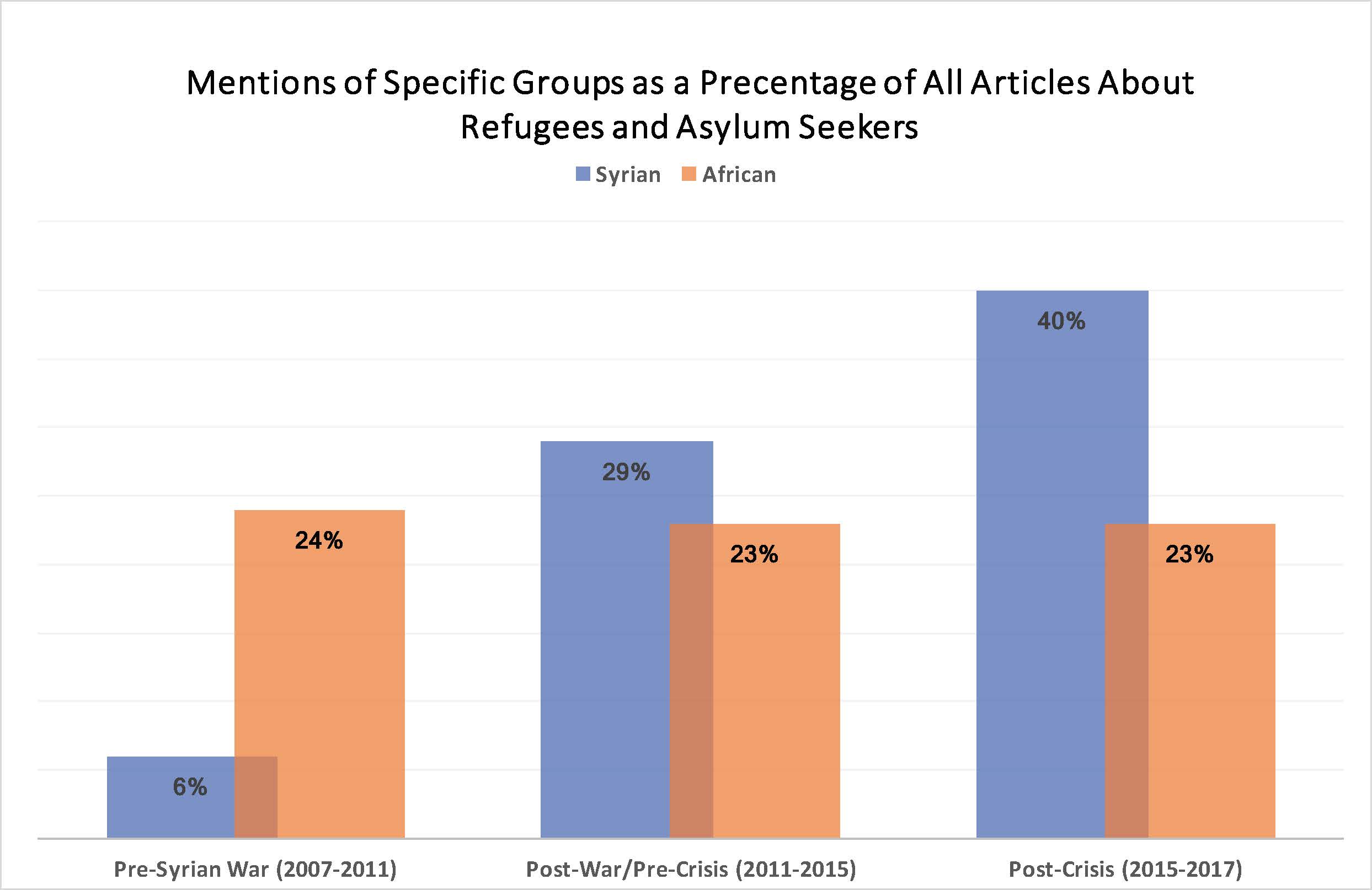
In November of 2016, two months after the UN declared a Global Refugee Crisis, the Washington Post published an opinion piece by Mehdi Hasan entitled, “Obsessing over Europe’s refugee crisis while ignoring Africa’s is white privilege at work.”
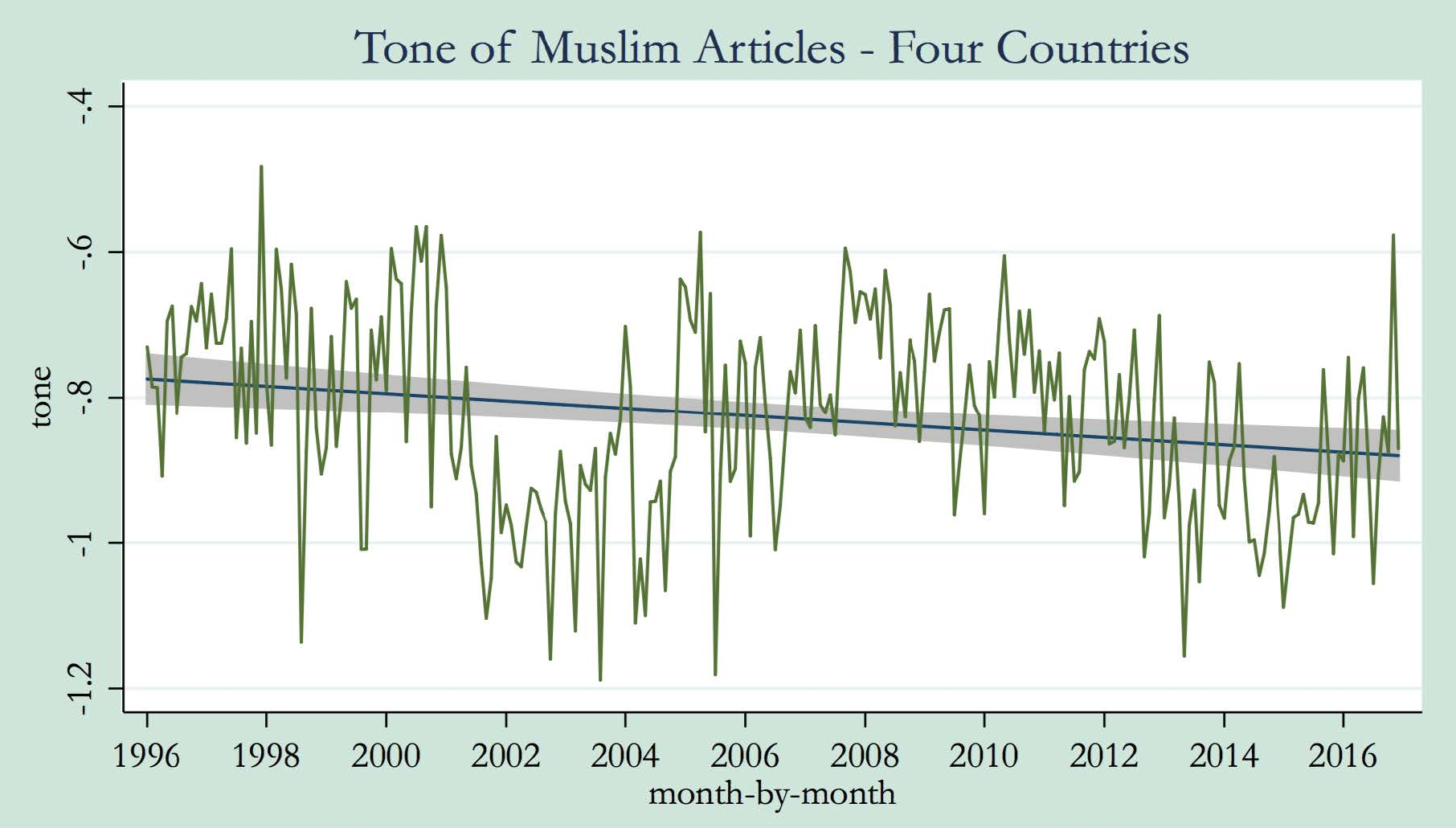
Media coverage of Muslims is known to be negative. But how negative is it, really? And how has it evolved over time?